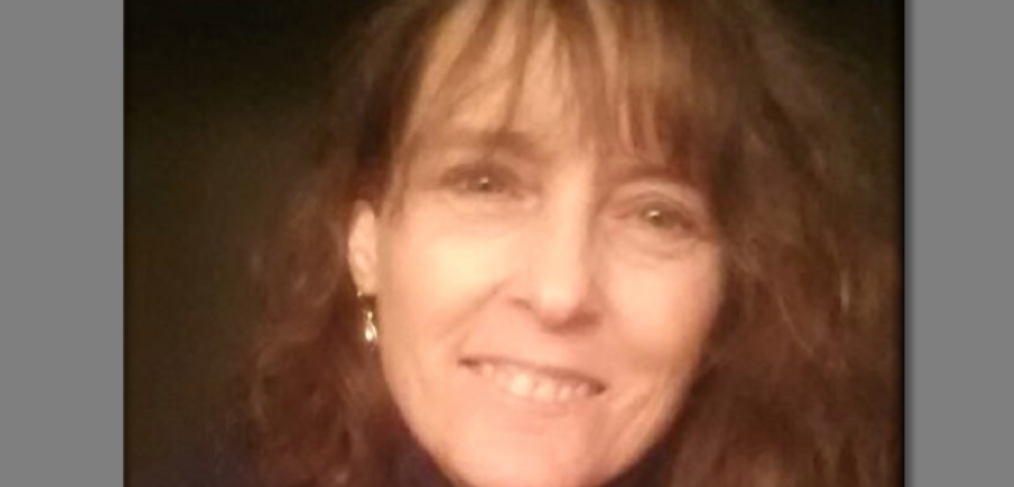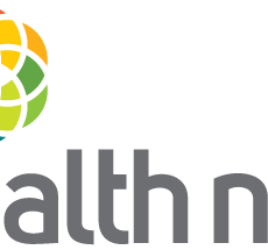
Interview with BCBH & BBC Facilitator Maria Pfeiffer
By Carrie Pittman
Maria Pfeiffer was a student studying behavior change models including the Chronic Disease Self-Management Program (CDSMP) when she was unexpectedly diagnosed with a chronic condition. The intersection of her life’s work and her personal life was illuminated by the benefits of peer support — the very foundation of her studies.
“I didn’t anticipate going into health education,” Maria says. “But it was quite helpful to have my work life and my “life” life coinciding. The support I received took off some of the pressure.”
Maria then transitioned into the role of Caregiver for her mother. “It’s misleading when we think that health is only physical. The well-being of a person is an emotional thing too.”
This notion became crystal clear during the COVID-19 pandemic. Chronic condition symptoms like anxiety and stress were exacerbated by isolation and fear of the unknown. These symptoms used to be called an “invisible illness.”
“Non-visible symptoms can hide under our radar. Participating in a self-management workshop can help circumvent the escalation of symptoms. The Better Choices, Better Health® (BCBH) workshop can really help someone who doesn’t have an established diagnosis,” says Maria.
As a trained and certified BCBH workshop facilitator, Maria continues to learn from the workshops she oversees. She always walks away with a better understanding of how to navigate the challenges of life.
“No matter how much I think I know, it’s always valuable to be around others who are going through similar situations. Sometimes it takes someone else saying it to trigger a deeper understanding. There’s something to be learned from someone else’s voice.”
Maria also acknowledges the important role of the medical profession. “Doctors provide the key and necessary information, medication, and guidance to kickstart self-management. But we spend the majority of our life outside of a doctor’s office.”
Studies demonstrate that replicating the doctor’s office experience can improve health outcomes. However, this is difficult to achieve at home. Peer support in a program like BCBH which can be done at home, on the other hand, provides a common understanding of self-management. “People living with challenges can cleverly break down their process and apply it to real life. I notice this with how people relate to each other when it comes to health in the BCBH workshops.”
At the end of the day, “We need both professional and non-professional support.”
Better Choices, Better Health allows people living with ongoing conditions to take a moment to explore without judgment, and to receive a little bit of kindness. Like many participants, Maria highlights how simply taking a breath can have a huge impact.
“The simplicity of it is amazing. But physiologically, it’s not simple.” The action of taking a breath triggers a complicated physiological response. First, one must recognize they are feeling stress. Then, they must acknowledge how they can problem-solve it. Finally, they initiate the action that triggers a physiological response. People adopt it because it seems simple, and the benefits outweigh the complexity. “But if they know how much work was involved in taking a deep breath, they wouldn’t do it!”
This is the magic of the BCBH workshop. It complements the medical profession by bringing in support from those who understand what it’s like to live with a chronic condition, making small, manageable goals achievable on a weekly basis.


